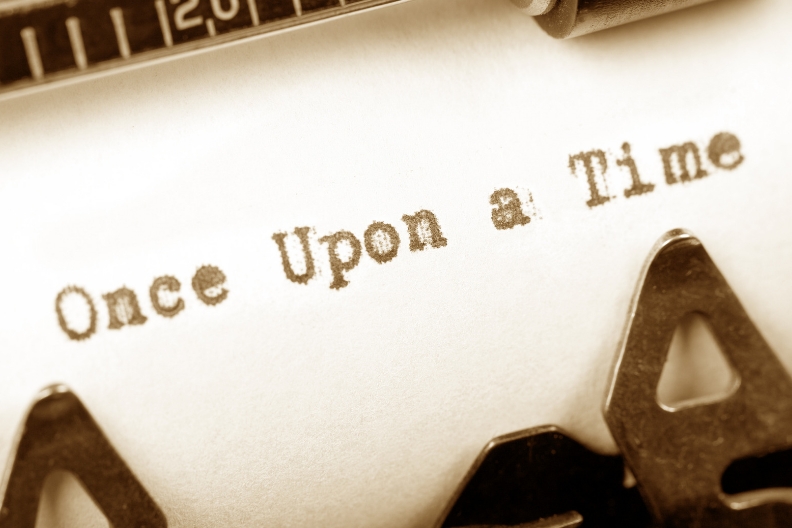This is the message at the heart of National Writing Day which is being celebrated on the 26th June.
Over the last year we’ve been interviewing authors including Christopher Edge, Kiran Millwood Hargrave and Gill Lewis. One of the regular questions we ask is their tips for aspiring writers. Here are some of their thoughts:
Read everything
“Reading stories is your fuel” Christopher Edge
Reading as much as possible will have a number of benefits to your writing. By experiencing lots of different types of reading material, taking it apart and working out what you enjoy, is all part of the process of discovering what kind of writer you want to be. Reading can provide inspiration for content, but will also help you learn the craft of writing and how to play with language.
Write every day (and own it)
“Call yourself a writer as early as possible” Kiran Millwood Hargrave

Set yourself manageable, daily targets. Even if you’re just recounting the day you’ve just had, this type of regular practice, experimenting with your language, the tone and point of view, will start to develop your voice as a writer.
Write about the things you want to read about
“Make up the magic, but get the heart right” Sally Nicholls
Don’t focus on what you think others would find interesting to read about, write for yourself. You’ll find it much easier to write when you turn off your internal critic and just focus on getting your story down. Writing about your passions, interests and experience will provide you with rich material to get you started.
Experiment with your writing
“Be forever curious” Gill Lewis

Don’t be afraid to make mistakes and try new things. Your writing will evolve through each draft, however your focus should be on meaning and getting your story across effectively. Fun fact: The Girl of Ink and Stars went through many drafts, and at draft 7, Kiran changed the narrative point of view from 3rd person to 1st, at which point she was more firmly in the main character, Isabella’s head and was able to convey her story more powerfully.
Next steps…

Oxford Reading Hive offers support for schools interested in setting up a book club. Watch the available interviews here and email [email protected] to request your Get Started Pack.
Watch the interviews here.

Expert support for budding writers is provided by Christopher Edge and the Oxford Dictionaries team in this motivating and practical guide to getting started. 978 0 19 837648 4
